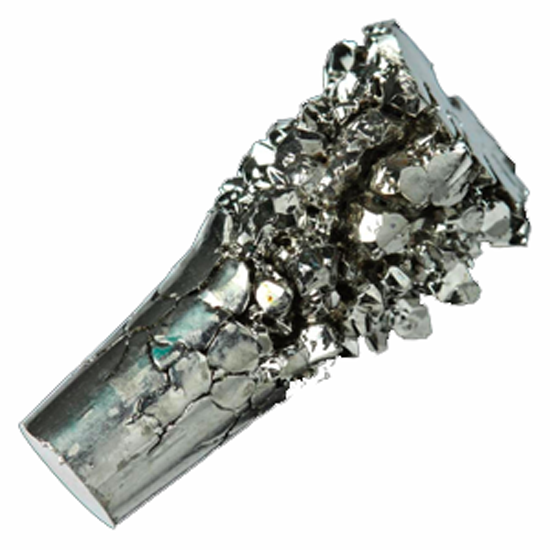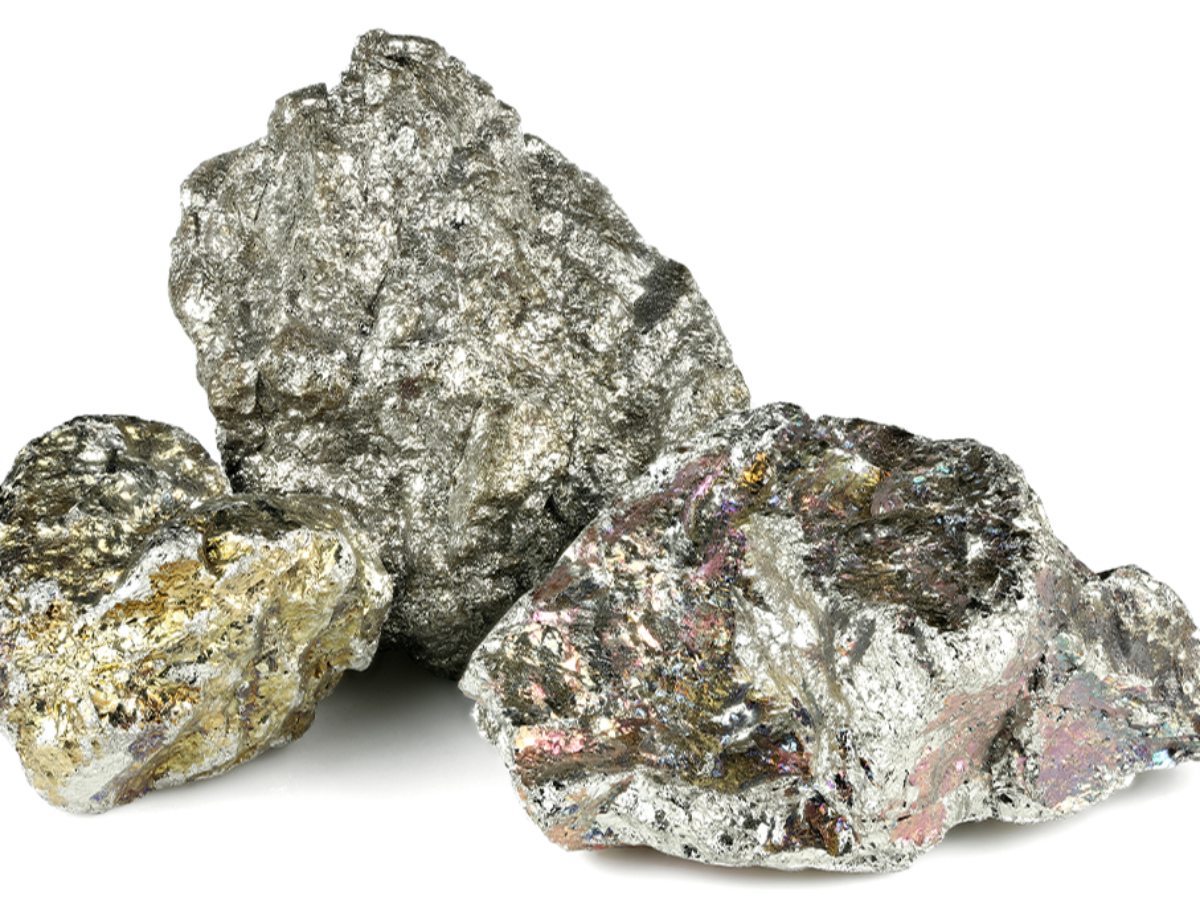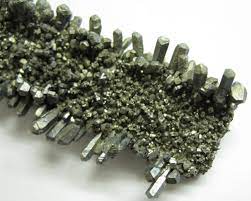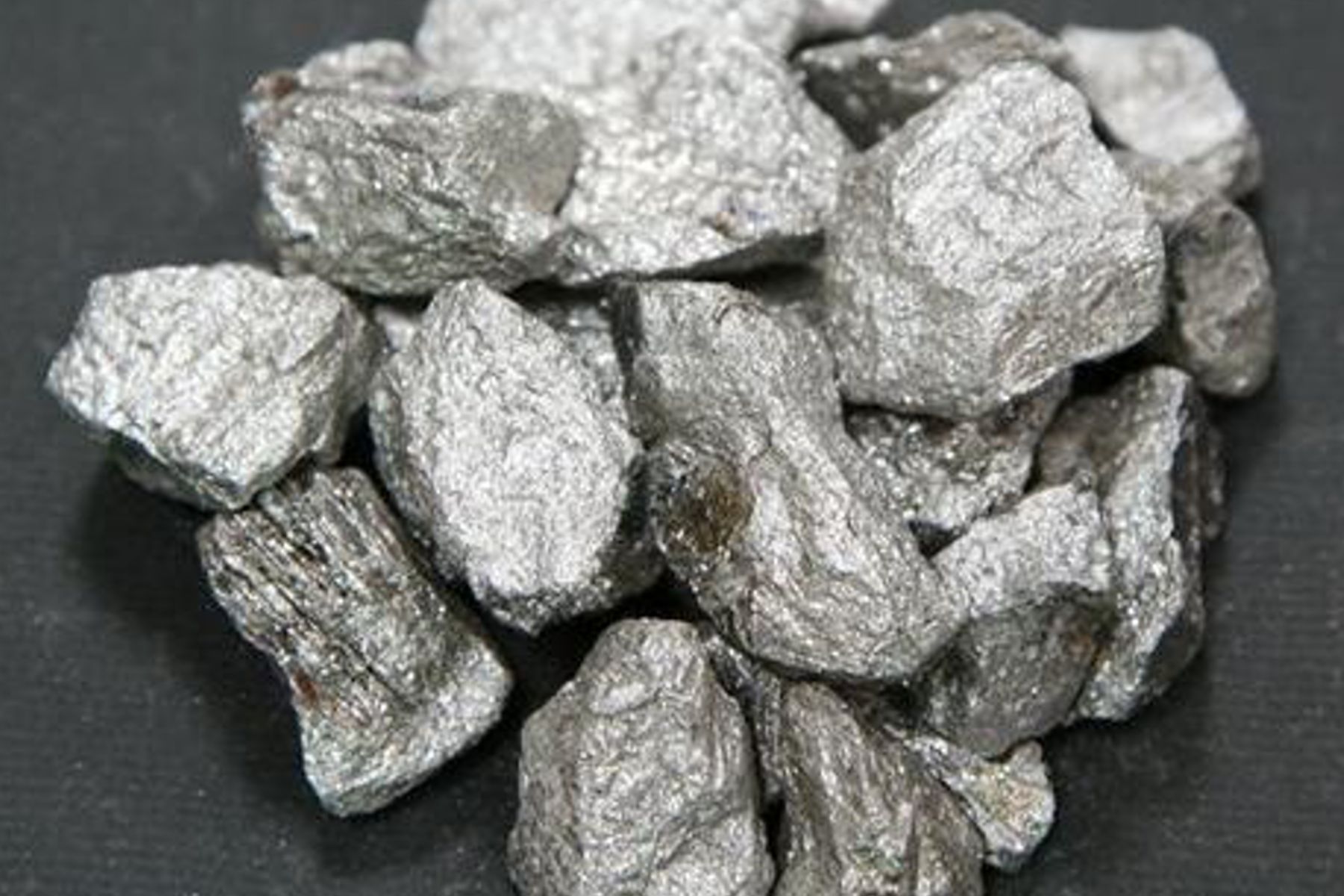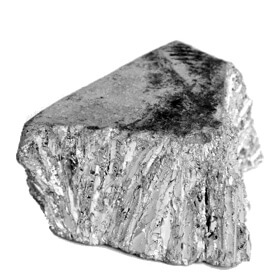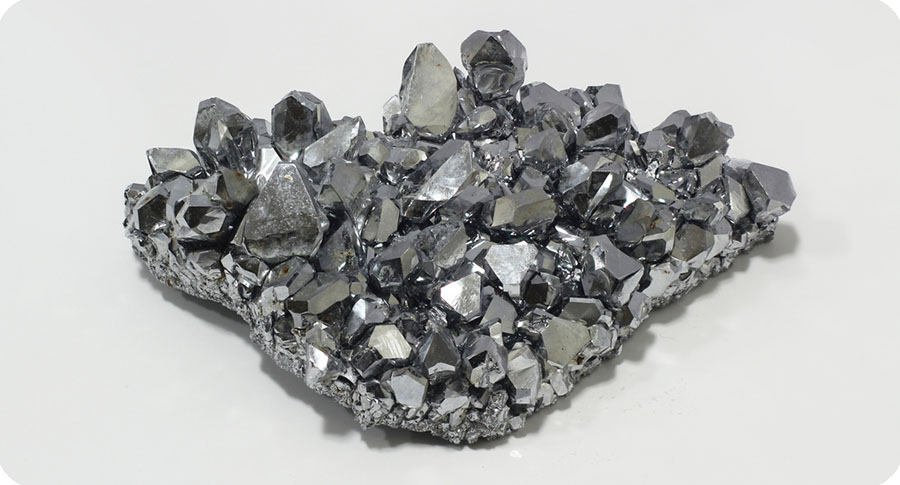Description
Niobium is a chemical element with the symbol Nb and atomic number 41. Known for its impressive physical properties, niobium is a silvery-gray metal that exhibits high strength, ductility, and resistance to corrosion. These characteristics make it an indispensable material in various industrial applications, particularly in the aerospace, automotive, and electronics sectors. One of niobium’s most notable features is its ability to withstand extreme temperatures, which is why it is often used in superconducting materials and cryogenic technology, where it facilitates efficient electrical conductivity with minimal energy loss.
The extraction and production of niobium primarily occur from minerals such as columbite and pyrochlore, which are mined in several countries, including Brazil and Canada. As global demand for high-performance materials rises, niobium has gained attention for its role in enhancing the properties of steel and other alloys. Adding even a small percentage of niobium to steel can significantly improve its strength and toughness, making it a vital component in construction and infrastructure projects. Furthermore, the metal’s non-toxic nature and recyclability align with the growing emphasis on sustainable practices and eco-friendly materials in modern manufacturing.
Research into the broader applications of niobium continues to expand, particularly in areas such as quantum computing and advanced manufacturing techniques. Its unique properties enable innovations that could lead to pivotal advancements in technology. As our world increasingly relies on sophisticated materials and cleaner energy sources, niobium stands out as a critical resource, promising to play a key role in shaping the future of engineering and technology.

